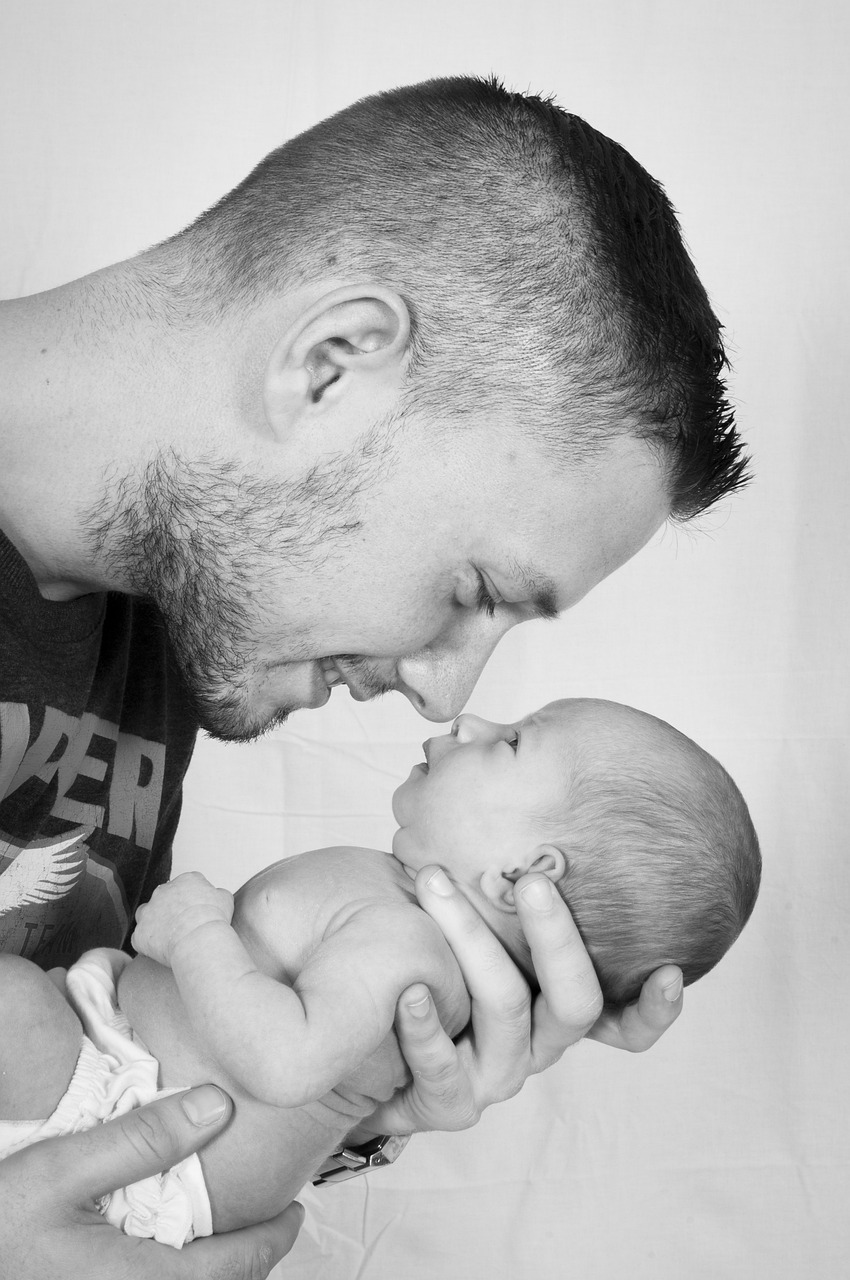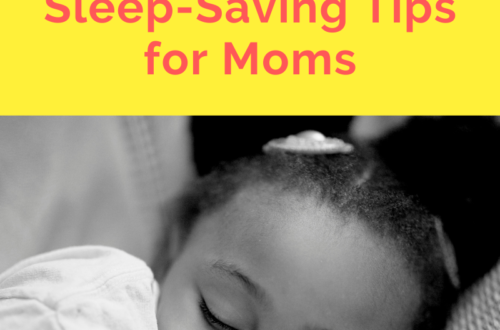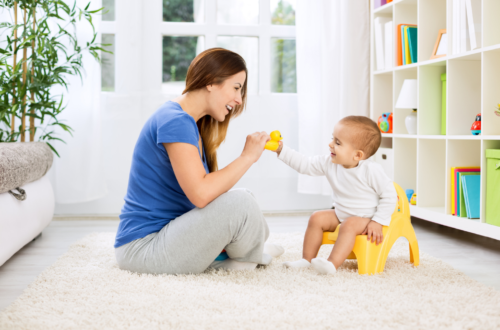
Social Emotional Growth in the First Year
Social and emotional development in a baby’s first year of life is a serious business, but that doesn’t mean it can’t be hilarious! Babies are natural comedians and never cease to amaze us with their silly expressions, funny noises, and unexpected movements.
In their first year of life, babies form emotional bonds with their primary caregivers, like their parents or grandparents. These bonds create a sense of security for the baby and help them feel loved and comforted. And when a baby starts to feel comforted, they let their true personalities shine through! That’s when the giggles, grins, and coos come out.
Babies also start to express their emotions through various forms of communication, like crying, smiling, and cooing. Oh how I love the sound of hearing a baby giggle for the first time! These expressions help parents understand their baby’s emotional state and respond appropriately. As a parent you may have already started to pick up on the different types of cries your child has, such as their hungry cry vs their fussy tired cry. As babies grow, they will start to communicate their emotions in more complex ways, like pointing, reaching, and making more sophisticated vocalizations. That’s when the real fun begins!
In their first year, babies also begin to develop a sense of self and become more aware of their own feelings and emotions. They learn that their actions and emotions can have an impact on others and the environment around them. For example, they may learn that crying can result in a parent’s attention, or that smiling can result in a positive response from others. This awareness is the beginning of empathy and the development of social skills, which they are learning and modeling from the adults that they are surrounded by. Get up and close and hold your child face to face so they look directly at you, smile and use baby talk. They are learning from all of it and taking it all in.
To support your baby’s social and emotional development, it’s important to provide a secure, loving, and nurturing environment. Responding to their emotional needs, like holding them when they’re upset or soothing them when they’re crying, helps them feel comforted and secure. Using words to name their feelings helps them identify them later on, such as “I know you are hungry, Mommy will get your bottle”, “I understand you are tired, let’s get you ready for nap”. When you finally get a smile from that little one, it’s like you’ve won the lottery!
To further enhance their social emotional development, it’s important to provide opportunities for your baby to engage with others and experience new and stimulating environments. Interacting with other babies and children, attending playdates, and participating in parent-child classes can provide new experiences and help your baby develop their social and emotional skills. And, it is a great way to get to know other parents with kids of the same age to build a community with.
It’s also essential to model positive behavior and emotions for your baby. Babies learn by observing and imitating the behaviors of others, so it’s important to be mindful of your own behavior and emotions when interacting with your baby. They are more in tuned to your emotions than you may believe. And remember, laughter is contagious!
Just remember, it’s essential to be patient and understanding with your baby’s social and emotional development. Every baby develops at their own pace, and it’s important to respect and support their unique journey. After all, every milestone is a reason to celebrate, and every giggle is a reason to smile!


You May Also Like

Top 4 Sleep- Saving Tips for Moms
September 6, 2021